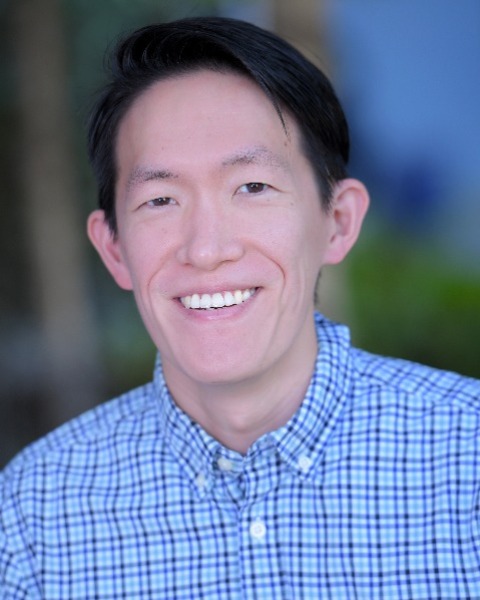Medical Education
Session: Medical Education 10
520 - Does Medical School Matter? Analysis of Holistic Review Process at a Large-Sized Pediatric Residency Program
Monday, May 6, 2024
9:30 AM - 11:30 AM ET
Poster Number: 520
Publication Number: 520.2877
Publication Number: 520.2877

Kevin J. Fang, MD MPH (he/him/his)
Associate Clinical Professor of Pediatrics
Children's Hospital Los Angeles
Los Angeles, California, United States
Presenting Author(s)
Background: The purpose of holistic review is to reduce bias and create a more equitable process for those from underrepresented backgrounds. Medical schools have an impact on an applicant’s preparation for residency training.
Objective: To analyze whether an association exists between an applicant’s medical school and their likelihood of being ranked highly for a large-sized, urban pediatric residency program.
Design/Methods: T-test analyses were used to compare an applicant’s type of medical school and whether the applicant was placed in a position to match in the 2022-2023 application cycle based on their total combined score following holistic review. An applicant was deemed in a “position to match” if their position on the rank list was above the position of the final applicant to match into the internship class for the program.
Results: Applicants from US osteopathic schools (p < 0.01) and international medical graduates (p=0.03) had a lower position to match compared to applicants from US allopathic schools. Applicants from medical schools in the top 25 of the US News and World Report ranking for primary care training had higher positions (p=0.01).
On further analysis, applicants from US osteopathic schools scored lower for Grit (p < 0.01), Dean’s Letter (p < 0.01), and academics (p=0.02). These applicants had higher scores for Distance Traveled (p=0.05). International medical graduates had lower scores for Dean’s Letter (p=0.01). Applicants from top primary care medical schools had higher scores for letters of recommendation (p=0.05) and Dean’s Letter (p < 0.01).
No difference was noted between applicants from US public versus private schools in all categories of holistic review including final overall score (p=0.7).
Conclusion(s): An applicant’s medical school is associated with their likelihood of matching at a large-sized, urban pediatric residency program. Dean’s Letter appears to be a consistent factor. It is unclear whether these differences are reflective of biases in the holistic review process, the preparation by the medical school, or the strength of the applicant.
